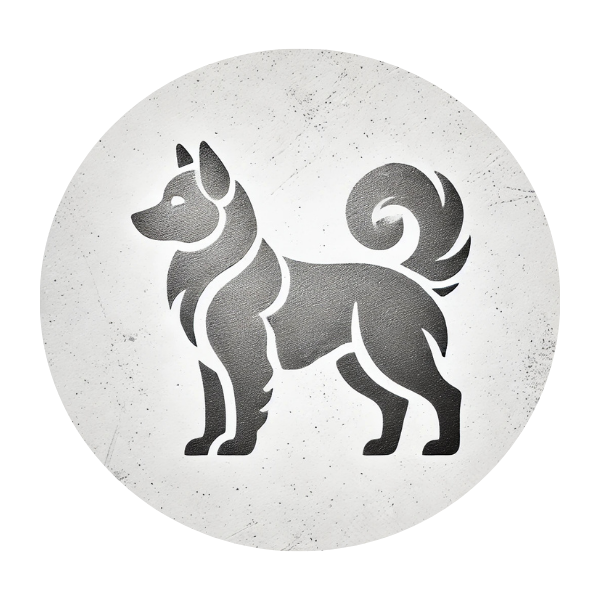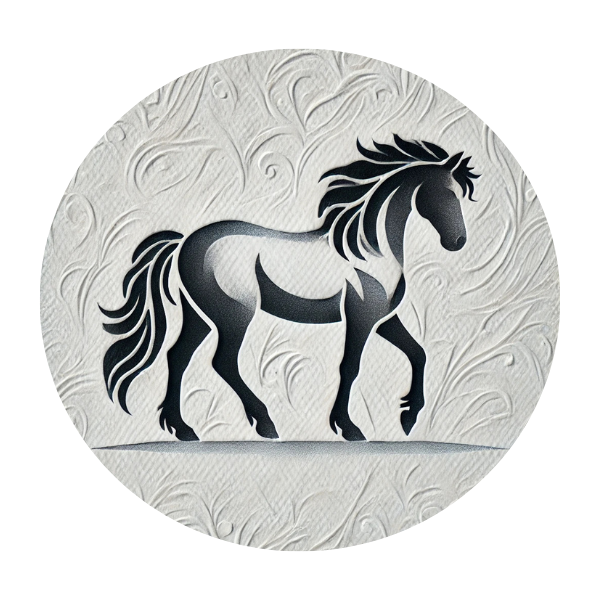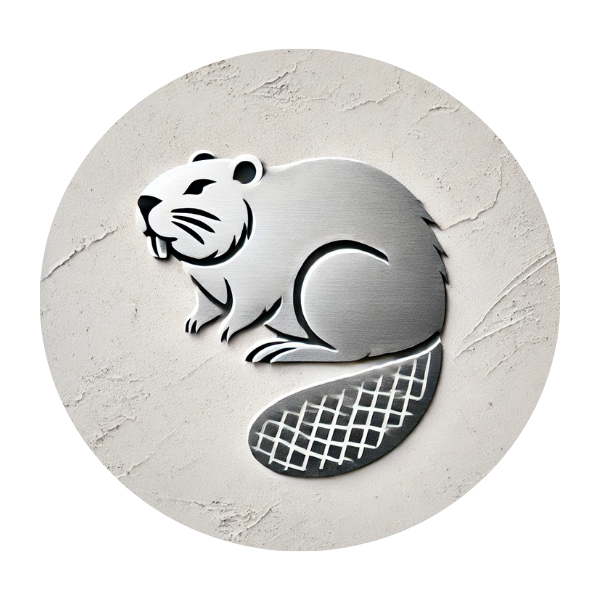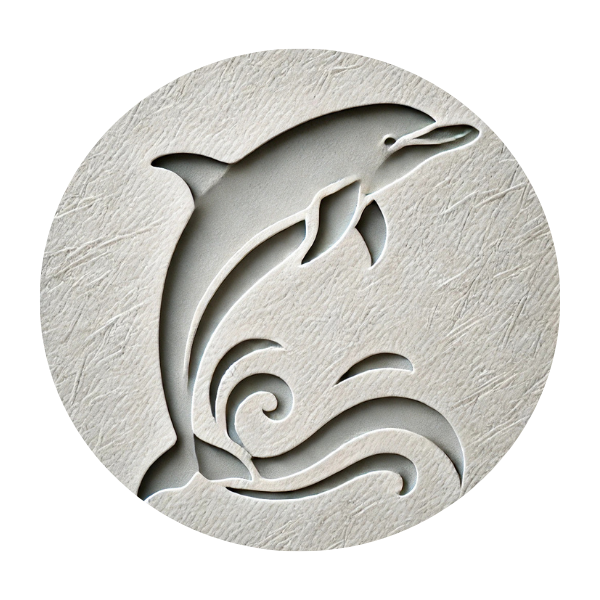TRUST
I build trust in myself and others, knowing it is the foundation of connection.
WHAT IS TRUST ?
A firm belief in the reliability, truth, or ability of someone or something, fostering a sense of security.
Synonyms: Faithfulness, Reliance.
Antonym: Distrust
“Trust is the glue of life. It’s the most essential ingredient in effective
communication. It’s the foundational principle that holds all relationships.”
Stephen Covey
HOW TO RECOGNIZE TRUST
IN OTHERS
AND ONESELF
HOW TO RECOGNIZE
IN OTHERS
Body Language
Relaxed posture, leaning slightly forward,
open gestures
Facial Expressions
Softened eyes, genuine smile,
steady gaze
HOW TO RECOGNIZE
IN ONESELF
In the Body
Calm and steady sensations,
feeling of ease
In the Mind
Positive and assured thoughts,
confidence in others or the situation
HOW TO RECOGNIZE TRUST
IN OTHERS
AND ONESELF
HOW TO RECOGNIZE
IN OTHERS
HOW TO RECOGNIZE
IN ONESELF
Body Language
Relaxed posture, leaning slightly forward,
open gestures
In the Body
Calm and steady sensations,
feeling of ease
Facial Expressions
Softened eyes, genuine smile,
steady gaze
In the Mind
Positive and assured thoughts,
confidence in others or the situation
Who in my life do I trust the most, and what
qualities make them trustworthy?
TIPS AND TRICKS ON HOW TO DEAL WITH THIS
EMOTION

Practice partner poses like Double Downward Dog to build trust through mutual support and balance.

Imagine a person or situation where you feel complete trust, focusing on the feelings it evokes.

Participate in a group activity where you share and listen in a judgment-free zone.

Visualize green light at your heart center, representing openness and trust.

Write a letter to someone you trust, expressing your appreciation for their support.
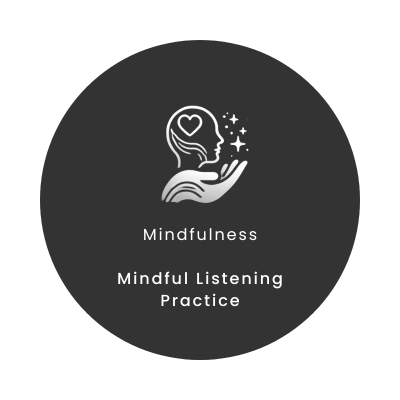
Engage in active listening with someone, focusing on their words and intentions to deepen mutual trust.
CURIOUS FACTS ABOUT TRUST
ANIMALS ASSOCIATED WITH TRUST
Different animals are associated with different emotions in different cultures. Flip the coins to found out more:

